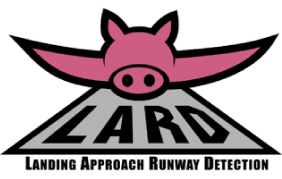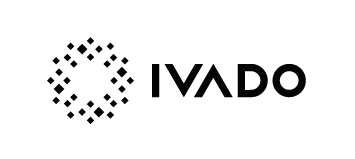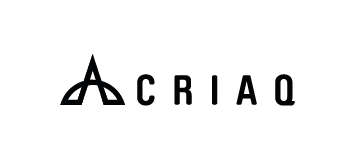
DEEL PROJECT
Dependable, Explainable & Embeddable Learning

DEEL project
The DEEL (Dependable Explainable Learning) Project involves academic and industrial partners in the development of dependable, robust, explainable and certifiable artificial intelligence technological bricks applied to critical systems.
The project covers 5 themes: Explainability, Bias, Uncertainty Quantification, Out-of-Distribution and Reinforcement Learning.
ABOUT DEEL
Recent progress in Artificial Intelligence, especially in machine learning, has aroused unprecedented interest in these technologies. Many industrial sectors are now considering using them. However, this has led to strong scientific obstacles. Machine learning, especially deep neural networks, can perform well enough to consider critical applications such as autonomous vehicles, predictive maintenance and medical diagnosis, but their theoretical properties are not well-known yet. These scientific challenges make it difficult to meet the industrial constraints required for a general application such as certification, qualification and explainability of algorithms. It is from these observations that the DEEL Project emerged in September 2017.
In early 2018, the CRIAQ (Consortium r Research and Innovation in Aerospace in Québec) and IVADO (The Institute for Data Valorization) took part in the project with a first collaboration agreement signed on March 6, 2018, when Philippe Couillard, Premier of Quebec, visited Toulouse. The DEEL Project became a transatlantic research program.
Following this agreement, the DEEL project began on September 28, 2018 in France and on May 15, 2019 in Quebec.
In keeping with this collaboration, on February 18, 2019, IRT Saint Exupéry announced the creation of a new branch Montreal at the heart of a state-of-the-art ecosystem on artificial intelligence.
In June 2018, French President Emmanuel Macron announced the creation of interdisciplinary institutes dedicated to artificial intelligence (31A). The ANITI (Artificial and Natural Intelligence Toulouse Institute) project, led by the Federal University Toulouse Midi-Pyrénées, became one of the four Institutes in April 24, 2019. In this context, the DEEL project became an integral part of ANITI.
GitHub
Our strong relationship with industrial partners encouraged making our research results actionable. Thus, throughout the project, we developed 5 open-source libraries and 1 open-source dataset to provide meaningful tools build dependable, reliable and explainable machine learning. We put a lot of attention into maintaining and continuously improving our tools.

Xplique
Our Explainability Toolbox
Xplique (pronounced \Eks.plik\) is a Python toolkit dedicated to explainability. The goal of this library is to gather the state of the art of Explainable Al to help understand complex neural network models

PUNCC
Our Conformal Prediction Tool
Puncc (short for Predictive uncertainty calibration and conformalization) is an open-source Python library. It seamlessly integrates a collection of state-of-the-art conformal prediction algorithms and associated techniques for diverse machine learning tasks, including regression, classification and anomaly detection. banner_deellip

Deel-Lip
Lipschitz Neural Networks
Deel-Lip provides an efficient implementation of k-Lispchitz layers for neural networks. Controlling the Lipschitz constant of a layer or a whole neural network has many applications ranging from adversarial robustness to Wasserstein distance estimation.

Oodeel
Out-of-Distribution Toolbox
Oodeel is a library that performs post-hoc deep Out-Of-Distribution detection on any already trained neural network image classifiers. The philosophy of the library is to favor quality over quantity and to foster easy adoption. banner_influenciae

Influenciae
Influence Functions
Influenciae is a Python toolkit dedicated to computing influence values for the discovery of potentially problematic samples in a dataset and the generation of data-centric explanations for deep learning models banner_lard

Lard
A new dataset
LARD (Landing Approach Runway Detection) is a dataset of aerial front-view images of runways designed for the aircraft landing phase. It contains over 17K synthetic images of various runways, enriched with more than 1800 annotated pictures from real landing footage for comparison.
Join forces to develop Artificial Intelligence for Critical Systems!
Contact us
If you want to know about DEEL Project don't hesitate to contact us by email:






